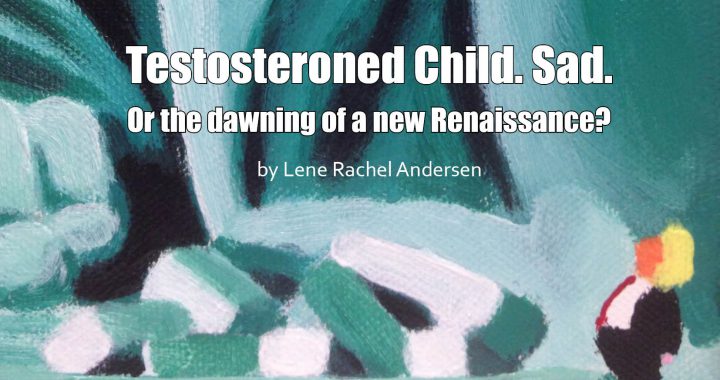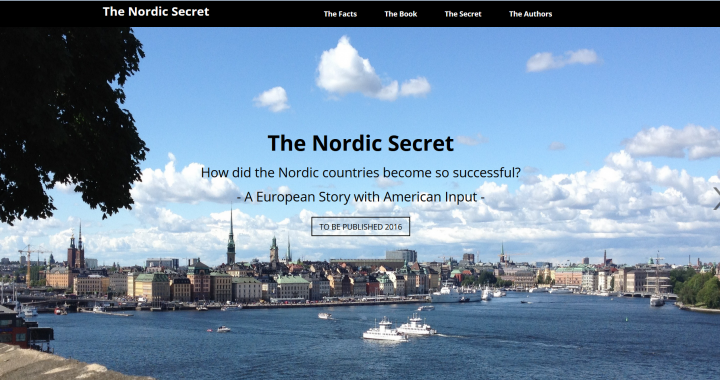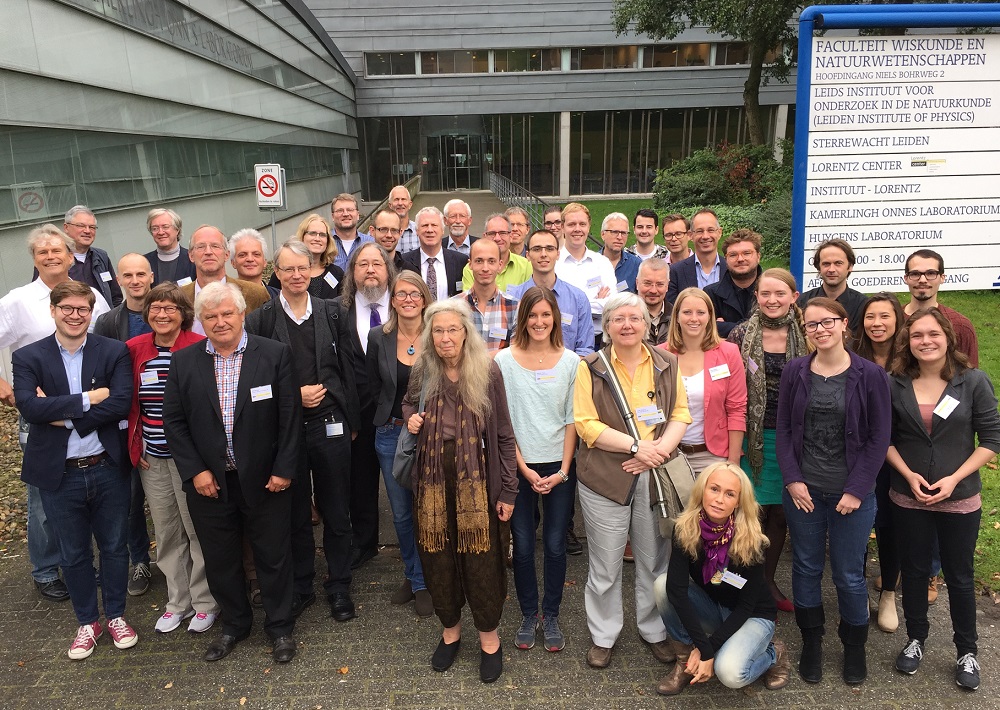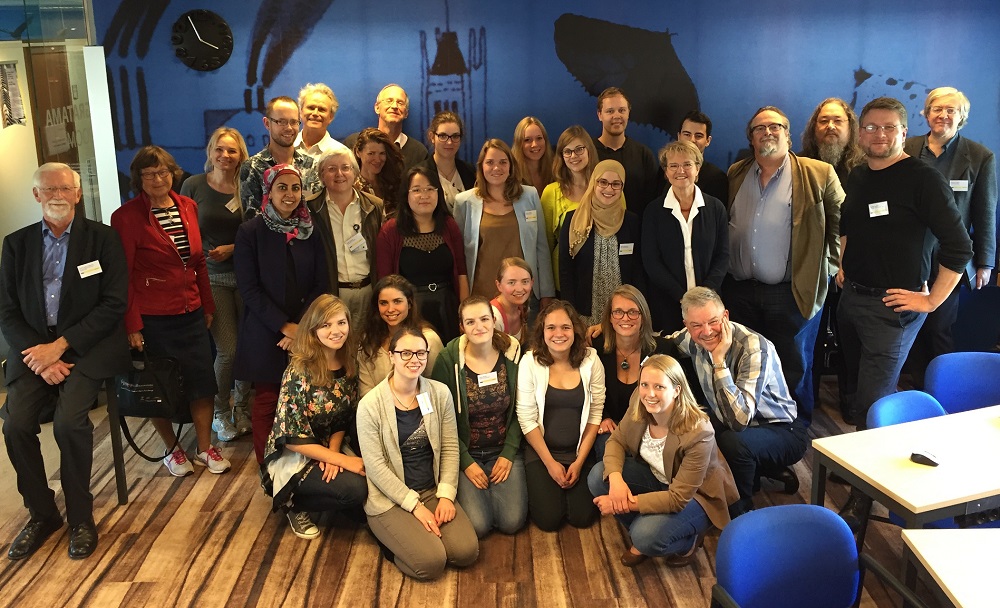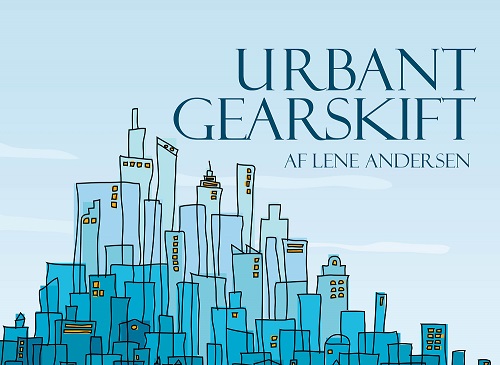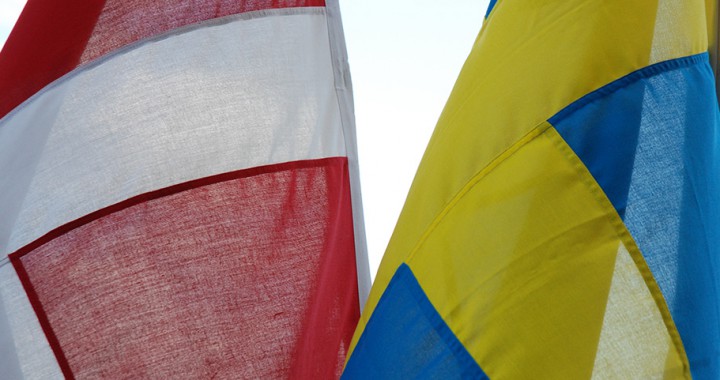In spring 2013, Danish musician and provocateur Thomas Blachman made a series of TV programs in which two fully dressed, middle-aged men watched and commented on a naked woman posing live in front of them. It wasn’t pornographic as such, it was just a naked woman and two non-naked men.
To be honest, the show was actually very boring and in Danish media it was considered anything from progressive to adolescent and in poor taste. But in Sweden it created an outrage. http://www.expressen.se/kvp/nakna-kvinnokroppar-analyseras-i-dansk-tv/
Later that summer, Danish anthropologist Dennis Nørmark wrote an op-ed simultaneously in both a Swedish and a Danish newspaper telling the Swedes that their “new feminism” is unsympathetic http://politiken.dk/debat/kroniken/ECE1987497/jeres-nyfeminisme-er-usympatisk-kaere-svenskere/ in Swedish called “Dear Swedes” http://www.dn.se/kultur-noje/kulturdebatt/kare-svenskere/
The very next day, Swedish feminist Nina Björk wrote a reply, also in both papers. In Swedish “We don’t tolerate Danish sexism” http://www.dn.se/kultur-noje/kulturdebatt/vi-tolererar-inte-dansk-sexism/ and in Denmark “Our feminism is decent, dear Nørmark” http://politiken.dk/debat/kroniken/ECE1988618/vores-feminisme-er-anstaendig-kaere-noermark/
And so it continued until fall that same year when a young Danish poet of Palestinian descent, Yahya Hassan, told the world his honest opinion about his miserable, violent childhood, his failing immigrant parents and hypocrite Islam - just to mention a few things.
It crossed and crushed established fault lines in the Danish debate about immigration and, among other things, it was discussed whether such politically incorrect texts could possibly be published in Sweden.
Eventually they were, and one of the reactions was from Athena Farrokhzad, Swedish writer of Iranian descent, who in her review of Hassan’s poems worried and asked him directly if he wasn’t at all afraid that he was handing the xenophobes all their own arguments against immigration and Islam on a silver plate: http://www.aftonbladet.se/kultur/bokrecensioner/article18217879.ab
A worry that in Denmark was generally misunderstood as an attempt to silence Hassan and take away his freedom of speech, and therefore created a new swedophobic debate.
During all of this, the Swedes decided to get rid of the gender referring pronouns “he” and “she” / “han” and “hon” and to replace both of them with the gender neutral “hen”. Furthermore, in a popular Swedish Christmas toy catalogue, all traditional gender specific toys were meticulously being played with by both boys and girls. For both initiatives the Danes only had scorn and ridicule.
This summer, the Danish radio station 24syv (i.e., 24seven) started a program “Voice of Denmark” broadcasting politically incorrect debates in Swedish for the Swedes, inspired, they said, by “Voice of America” which used to broadcast Western content to the communist countries.
Then this month two new chapters were added to the fight between the two countries:
The Swedish theme park Astrid Lindgreen World withdrew from their souvenir shop a Pippi Longstocking curtain depicting Pippi with two black kids waving shading palm leaves over her head after the mother of a black kid found it offensive. Furthermore, this week it came out that in the reissue of the Pippi TV series from the 70’s, Pippi’s father is no longer referred to as “a negro king” but just “a king”.
Also this month, a Swedish artist, Dan Park, was sentenced to jail and had nine of his paintings banned for racism by a Swedish court, the sentence including destruction of the paintings. Radio 24syv got the paintings to Copenhagen and wanted to display them in order to check out the reaction and the limits of freedom of speech (and possibly to piss off some Swedes in the process), but eventually, due to legal problems, the radio station decided not to display them after all.

